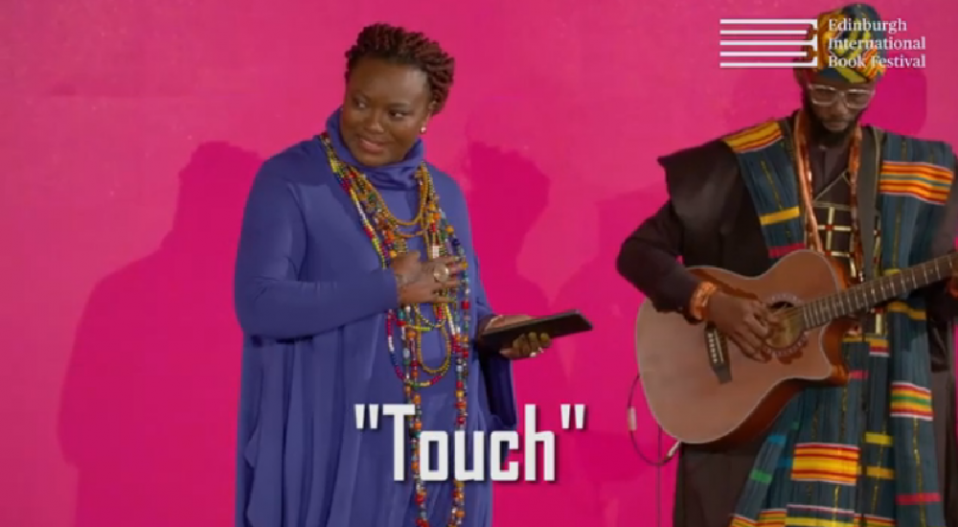Around the world, there is a drastic change in what we once called life; living has been interrupted by the basic need to survive in isolation. Our usual social interactions have been lost to this language called “touch”. Safety guidelines have become like nursery rhymes to our children – Don’t touch your face! Don’t touch surfaces with bare hands! Sneeze into your elbow! No hugging! No handshakes! Maintain Social Distancing! The list is endless, sometimes it looks like the virus came originally to fight against our language of “touch”, but for now we need to obey these rules to curb the spread of the novel Corona Virus.
“Touch” is a word, and in a larger sense of it – it is a language portraying relationship. Various cultures speak this language, it mirrors the relationship between the virus and human interactions. In Nigeria, amidst our diverse cultural beliefs and traditions, every ethnic group understands the underlying power of touch; from pouring libations to the gods, to exchange of greetings and other realities captured in this performance piece by Donna Ogunnaike called “Touch”.
The performance piece “Touch” although written at a time when Nigeria was battling the Ebola Virus in August 2014, is still very relevant today. It takes a big dive into the somewhat universal language that binds us together despite our different societal settings and realities. It walks us through the path of social distancing, no hugs, no handshakes, no gentle pat on the back that affirms us as we go through this pandemic that sets new rules for our language of “Touch”.

The poem, like her performance piece on infertility, Call Me By My Name, uses one topic to connect other aspects of the society; it exposes anomalies in everyday Nigerian society, from the government to communities to families and then to individuals. It brings into the limelight religious biases, systemic failures, terrorism, sectorial ineptitude and the constant drift from things we once held dear.
The government at that time, she says is to blame for the greater problem of the society, creating criminals of what should be scientists, dreaming of flying private jets with stolen money but the narratives are changing under the current administration. And she encourages us to work individually for collective progress.
Our feelings are mostly expressed through touch, it expresses the relationship between the events that have filled our daily living, even though, “it should not be this way”. If Boko Haram does not affect you, then potholes and the terrible traffic will affect you. If the traffic does not affect you, then the epileptic electricity supply in Nigeria will sting you.
In the end, she prays for a world of peace, where humans are humane; we should love one another regardless of race because we all bleed red. That every individual will be proud of their country of origin and we will learn to appreciate each other. She advocates the protection of the climate so that we will live safer and longer in it. She prays the international structures put in place for world peace would be united in their work for world unity.
Written by Joseph Jegede and Glory Diamond





You must be logged in to post a comment.